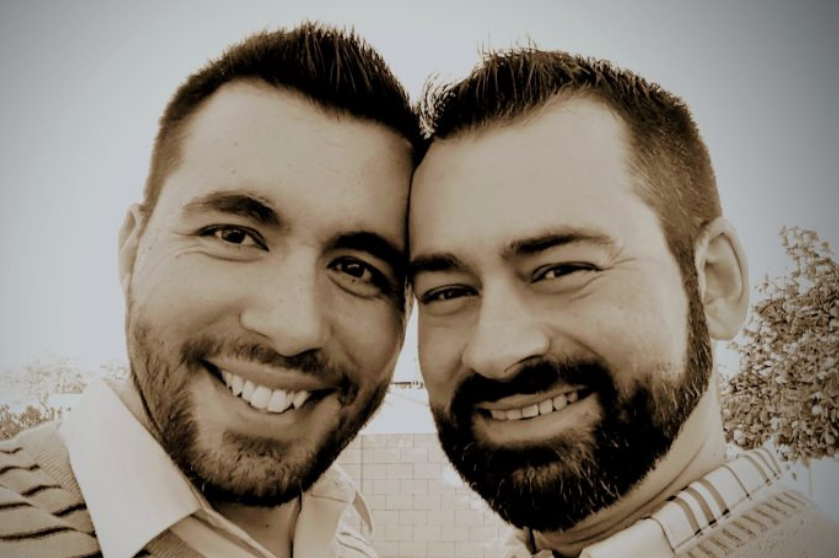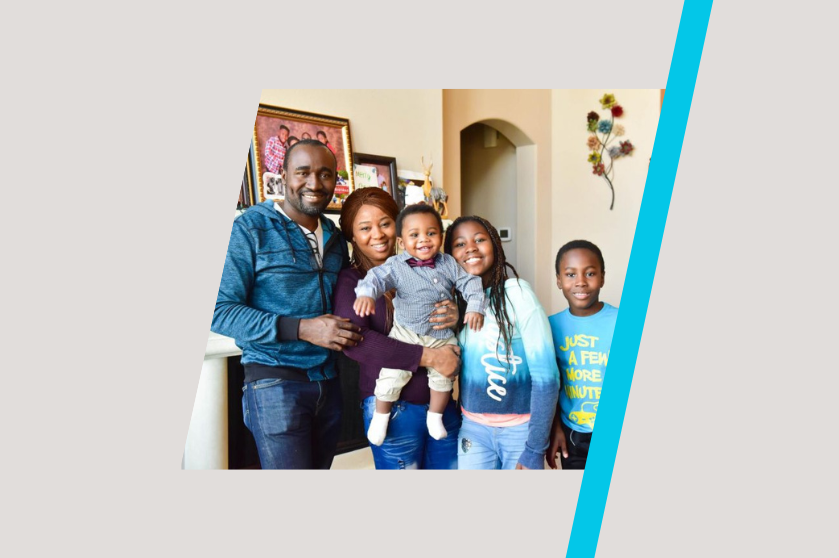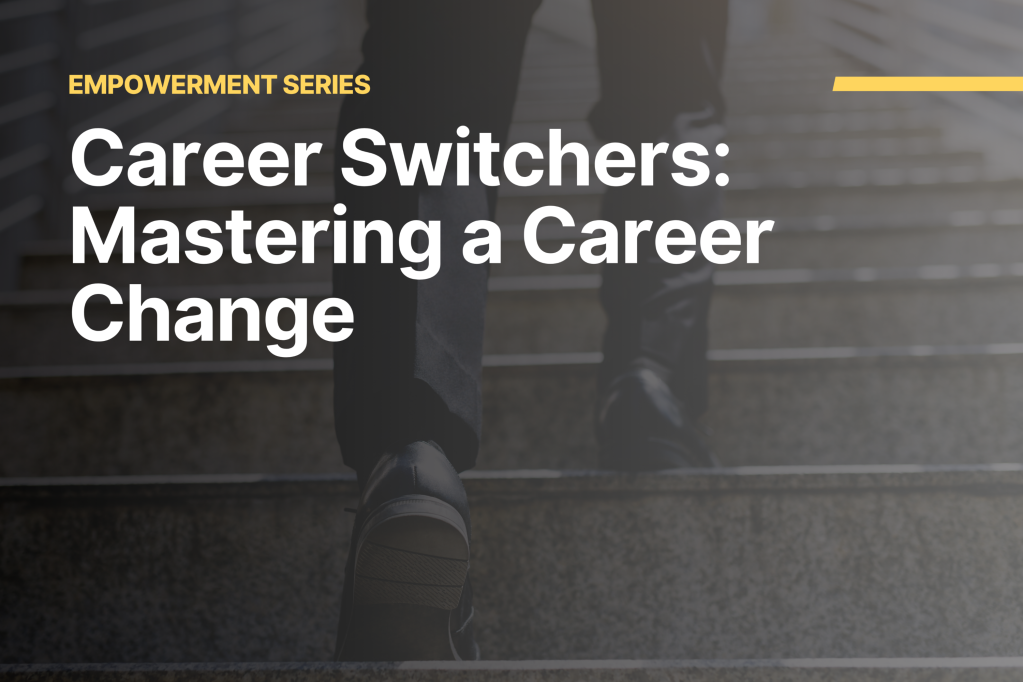As a church musician, Jaime Gonzalez thought he had landed his dream job—one he truly enjoyed, was naturally talented at, and could see making a difference in people’s lives.
But he yearned to start a family with his husband. “We wanted to get a house and have kids,” he said, adding that his musician’s salary was just barely paying the bills.
So Jaime decided to find a career that would pay him what he needed to make his dream into reality. He came across the University of Arizona Coding Boot Camp and signed up for the six-month, part-time program, while continuing to work at the church.
Below are eight of Jaime’s tips for staying motivated through a tough career transition.
1. Visualize the goal
It’s human nature to be wary of the unfamiliar. After earning an associate’s degree in music and years as a musician, Jaime was worried about his sudden career switch.
“I felt frustrated and exhausted. There were times where I really considered that I made a mistake. I wanted to stick with the job that I knew I loved and was good at,” he said.
So Jaime employed a tried-and-true technique to help him focus: he visualized the life he wanted to build. “I just kept thinking about the kids up for adoption who needed a good home. I was thinking about the kind of home that we could provide with a better-paying job,” he said.
Jaime adds that it was an advantage to feel he had more to lose than your average college grad. “I had my whole future at stake. I was making such a drastic shift that I had more drive compared to someone who was maybe just bored,” he said.
2. Come prepared
Before the start of boot camp, Jaime googled coding languages like SQL and JavaScript. “I started training myself online before the program started,” he said, adding that he “didn’t want to risk falling behind.”
Sure enough, with Jaime’s musician job, the boot camp meant adding class time (two evenings and a weekend day), homework, and group projects to his already-packed church schedule, and time at home with his husband. The prep time that Jaime put in beforehand helped him get up to speed a little more quickly, he says.
3. Know that everyone’s in the same boat
As a musician, Jaime felt as though he stuck out in a coding classroom. “There were a lot of moments where I felt out of place in class because my background was so different from a lot of the students,” he said, adding that many of his fellow classmates already worked in the business and tech worlds.
Ultimately, Jaime shares that his fellow classmates helped him get over his insecurities. “We all helped each other understand the concepts,” he said. “I realized we were all in the same boat even if we had different backgrounds.”
4. Stay positive—even if by strength of will
When asked about how he dealt with his occasional desire to give up, Jaime had this to share: “Anytime those negative thoughts came in—I would push them aside. I would remind myself of the skills I do have,” he said.
Jaime found it helpful not to dwell on unproductive emotions; instead, he focused on finding his rhythm. “I was going to class Monday and Wednesday evenings, all of Saturday, most of my other nights were taken up by church stuff,” he said.
5. Immerse yourself
Despite his initial reservations, Jaime became enamored with coding. His passion for the field increased as he read articles online and listened to podcasts. “They kept me excited about coding,” he said.
More specifically, Jaime recommends reading online magazine Medium, and listening to two podcasts: JavaScript Jabber and Shop Talk. It helped him learn how to code by turning it into a source of inspiration.
He drew further motivation in listening to influential people talk passionately about what they truly loved. “It’s helpful to hear other people or professionals talking about a field in such a natural and casual way. There are so many moments listening to the podcasts where I wanted to be these people and I want to be in this world. It’s fascinating,” he said.
Jaime is unafraid to admit that he doesn’t fully understand all the concepts discussed in the coding podcasts, which can definitely get technical. “Even if I’m lost in what I’m hearing, it’s nice to keep your brain in that world,” he added.
6. Have a strong support system and hold yourself accountable
Jaime shared his intentions of taking the boot camp with his close friends and family. “I told them what I was going to be doing. It’s nice to have people rooting for you and having a support system outside of my husband,” he said.
He added that he did periodic check-ins with them, and asked them to hold him accountable to reaching his class goals. “It’s nice to have that kind of accountability,” he said.
7. Leverage your strengths—sometimes your perceived weakness is your greatest asset
Jaime expressed that he was initially “terrified” to apply for coding jobs because he thought his skills as a musician would make him a liability. “I lost so much sleep when I started job hunting. I thought no one was going to want me,” he said.
To his surprise, the two major job interviews he got were because of, not in spite of, his music background.
“The first hiring manager was drawn to my resume because I was making such a weird change in my life. She wanted to know my story,” he said, adding that the interview gave him the confidence to continue applying.
8. Be bold—and stand out from the competition
As a result of his positive attitude and perseverance, Jaime ultimately landed a software programming role at an insurance company, after directly contacting the owner through LinkedIn. “The owner liked it and thought that it was a really bold move,” he said.
“AALL Insurance really values their employees. Their goal is to help people out and given my church background, they knew that I was also the kind of person to care about other people,” he said.
In the end, what was supposed to be merely a means to an end became a true passion. “I want to be the leader and mentor other people in the process,” said Jaime.
This article was published on https://bootcamp.ce.arizona.edu.










